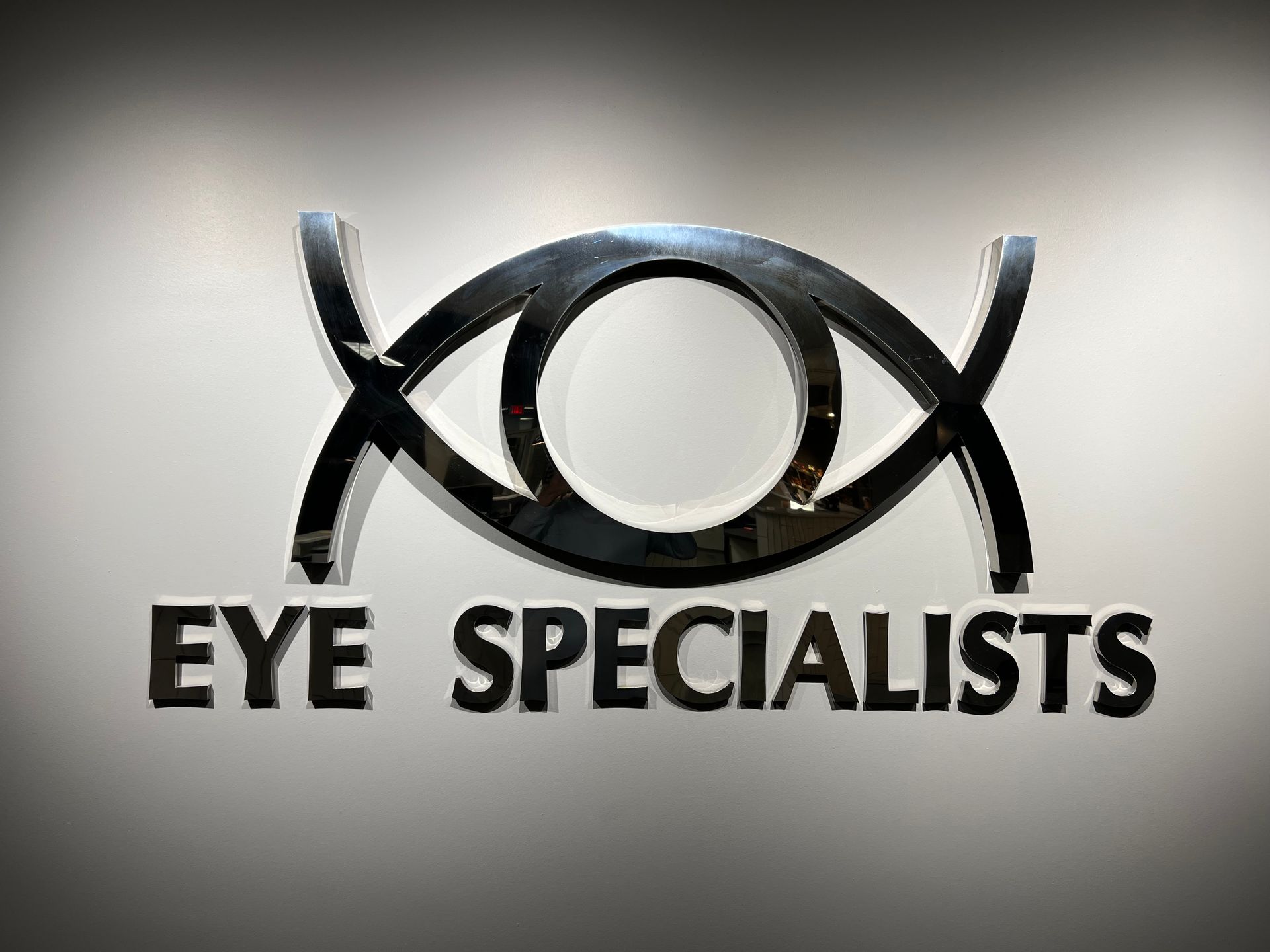E Y E S P E C I A L I S T S
ABOUT YOUR VISIT
Welcome To The Eye Specialists New Patient Center!
We strive to make your experience at Eye Specialists as convenient and pleasant as possible. This area of our website provides the information about what to expect at your appointment.
In addition, the forms required at the time of your visit are available online to provide the convenience of completing them in the comfort of your home prior to your appointment.
About Your Visit
There are many things to worry about in life, your eyes should not be one of them. At Eye Specialists, we want to ensure you are prepared and educated about your visit and the health of your eyes.
Patient Registration
Please arrive 15 minutes prior to your scheduled appointment time for parking and registration. You will be asked to complete Registration forms.
For your convenience, you can download and complete these forms prior to your arrival to expedite your visit. Bring these forms and your insurance cards to your visit.
Examination
Prior to seeing the doctor, preliminary testing will be performed by an experienced ophthalmic technician. Please bring the following information with you:
Eyeglasses
- Contact Lens information
- Names of medications including eye drops
- Allergies to medications
No Surprises Act
You have the right to receive a “Good Faith Estimate” explaining how much your health care will cost. See the attached document for more information on the No Surprises Act.
Privacy Policy
Eye Specialists is committed to maintaining the privacy and confidentiality of your health information.
In our Privacy Policy, we describe how medical information about you may be used and disclosed and how you can obtain access to this information. For more information, contact our compliance/privacy officer at (402) 292-6514.
Below, we've also included a list of the most commonly asked questions about coming in for an eye exam.
Payment Options
Eye Specialists believes in the value of eye care for you and your family. We have products and pricing to accommodate all budgets. Check out our Promotions page! Our office participates in most insurance programs. To learn more about our payment options, please call our office directly.
Our office accepts cash, checks and major debit and credit cards including MasterCard, Visa and Discover.
Don't forget to use your:
- Flexible Spending Plans
- Health Savings Accounts (HSA)
- Medical Savings Accounts (MSA)
- All of the above plans can be used for your eye care and eyewear needs, including eyeglasses, contact lenses, routine office visits and medical office visits.
Insurance
Most insurance plans are accepted at our office. Since there are so many plans and coverage varies widely, please call your insurance company to verify your coverage and benefits.
No Insurance
Please call our office directly to discuss our payment policy. You may also contact our billing department by email at billing@eyespecialistsne.com.
Our Staff
Our staff at Eye Specialists is well trained and focused on making your patient experience a personal one.
Our ophthalmic technicians attend continuing education seminars throughout the year and the members of our Optical staff attend continuing education classes nationally and locally in areas of spectacle lenses, contact lenses and eyewear design.
The office culture at Eye Specialists is one of excellence in patient care and personalized service.
We believe and practice doing the right thing to make your experience a good one with long lasting happiness, eye health and optimal vision.

